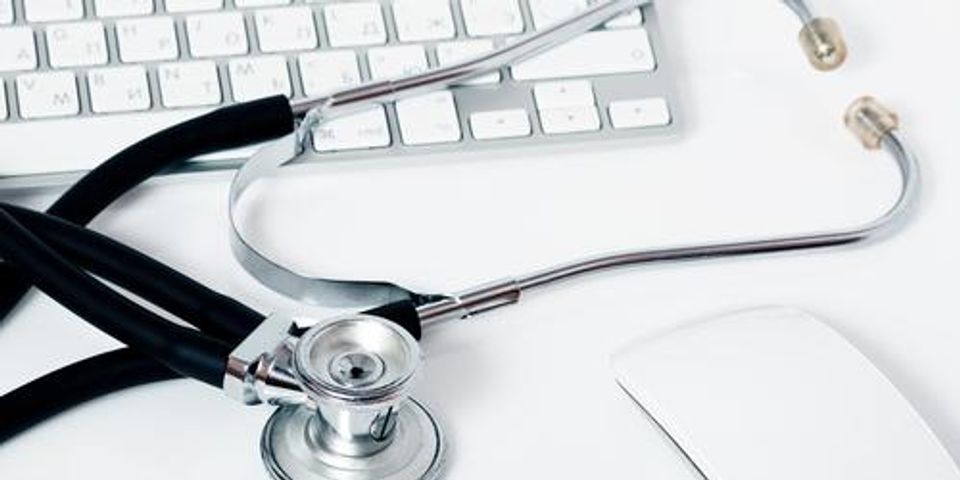Resolving the Debate About Clinical Social Media

Every industry debates the merits of social media. While most collaborative medicine specialists support it as a way to promote free healing and wellness, detractors will tell you-you're engaging in a waste of time. Though it’s reductive to describe clinical social media as valueless, its critics are right to urge some caution. These are some of the common objections to clinical social media, how the claims stand, and what can be learned from them.
HIPAA Compliance
HIPAA can make some parts of clinical social media tricky. You’re not allowed to disclose or discuss patients’ medical details in a public forum—and this requires some caution, because you can’t make statements based on knowledge of their medical history, either. Certainly, you have to be mindful of what you post, but there’s a reason this doesn’t mean you should stay away from social media overall.
can make some parts of clinical social media tricky. You’re not allowed to disclose or discuss patients’ medical details in a public forum—and this requires some caution, because you can’t make statements based on knowledge of their medical history, either. Certainly, you have to be mindful of what you post, but there’s a reason this doesn’t mean you should stay away from social media overall.
That’s not the reason you should be using social media, anyway.
You wouldn’t diagnose someone with something or recommend treatment based on a Facebook comment. If you were to talk to a patient about their situation, you’d do that over the phone or in person. Social media is a place to engage with audiences about topics of interest, such as medical research or general healing and wellness advice, or to convert new patients.
No ROI
The McNamara fallacy was named for one Secretary of Defense who only factored quantitatively measurable information into his decision-making. It maintains that that which cannot be cleanly measured does not exist—this is not the case.
To call social media ROI nonexistent because it isn’t straightforward would be to commit this fallacy.
Certainly, clinicians aren’t working with banner ads, clickthrough rates, and conversions. What ROI skeptics forget, however, is that one in four Americans are likely or very likely to consider social media in their healthcare decisions. Hospitals have measured their success in capitalizing upon this. It’s hard to assign a dollar-value to a good reputation, but a successful clinician still needs one.
Burnout Risk
Some object that clinicians, already working around the clock to promote healing and wellness, will risk burnout by adding social media to their plate. This is a good point: clinicians are overworked as it is, and marketing yourself takes time. That’s not a reason to write off the whole pursuit, though; it just means sharing the workload.
There’s another angle to social media use: if implemented effectively, social media can be a way to see the difference you’re making in people’s lives. That might even help prevent clinician burnout!
Metro Collaborative helps clinicians boost their social media presence through highly-viewed and shared conferences, dinners, and workshops. Discuss essential issues while networking with clinicians in your area. mypracticesuccess.net and villaserena.com provide professional logistical support. To see their upcoming events, visit their website or call them at (609) 876-9763.
About the Business
Have a question? Ask the experts!
Send your question

